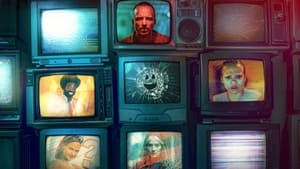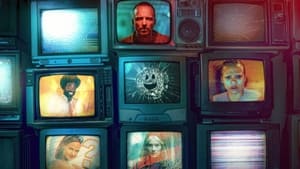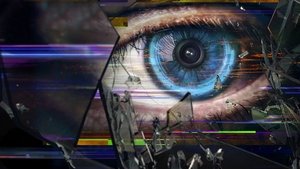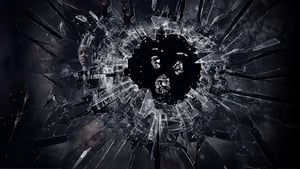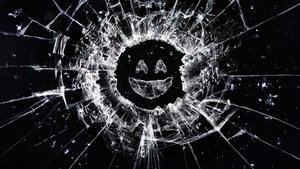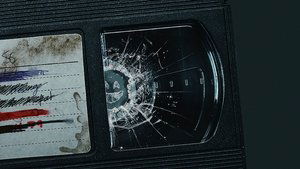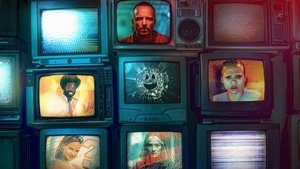

Synopsis
In the not-so-distant future, the anthology series “Black Mirror” has captivated audiences with its thought-provoking narratives, offering a chilling glimpse into the potential consequences of advancing technology. Created by Charlie Brooker, this British sci-fi anthology has become a cultural phenomenon, earning acclaim for its dystopian visions and thought-provoking commentary on society’s relationship with technology.
- The Mirror’s Dark Reflections:
“Black Mirror” derives its name from the screens that surround us daily, from smartphones to TVs, acting as dark mirrors reflecting the potentially sinister aspects of our tech-dominated lives. Each episode serves as a standalone story, exploring the unintended and often disturbing consequences of technological advancements.
- Technological Dystopia:
One of the series’ central themes is the exploration of dystopian futures shaped by technology. Episodes like “Nosedive” delve into a world where social media ratings dictate every aspect of life, while “Metalhead” presents a post-apocalyptic landscape where robotic dogs enforce a brutal order. These narratives compel viewers to contemplate the ethical implications of our technological trajectory.
- Thought-Provoking Social Commentary:
“Black Mirror” stands out not only for its futuristic settings but also for its keen observations on contemporary societal issues. Episodes like “White Bear” and “Hated in the Nation” tackle the consequences of public shaming and online bullying, highlighting the dark underbelly of the digital age.
- Human Relationships in the Digital Age:
The series often examines the impact of technology on human relationships. In “Be Right Back,” the concept of using technology to recreate lost loved ones raises profound questions about grief and the authenticity of artificial connections. The portrayal of dating apps in “Hang the DJ” offers a satirical take on modern romance and the quest for a perfect match.
- Mind-Bending Narratives:
“Black Mirror” is renowned for its unpredictable and mind-bending storytelling. Episodes like “USS Callister” and “San Junipero” defy expectations and challenge viewers’ perceptions. The series plays with narrative conventions, creating an immersive experience that keeps audiences on the edge of their seats.
- Impact on Popular Culture:
The series has not only garnered critical acclaim but has also become a cultural touchstone. The term “Black Mirror” itself has entered the lexicon, used to describe the dark side of technology. The show’s impact is not limited to its narrative content; it has inspired discussions on the ethical implications of emerging technologies in the real world.
Conclusion:
“Black Mirror” stands as a testament to the power of speculative fiction in reflecting and commenting on the human condition in an increasingly digital world. Through its dark and often unsettling tales, the series challenges viewers to confront the potential consequences of our technological choices. As we continue to grapple with the ever-evolving relationship between humanity and technology, “Black Mirror” remains a compelling and cautionary exploration of the shadows lurking behind our screens.
TMDb Rating 8.305 4,531 votes
First air date Dec. 04, 2011
Last air date Jun. 15, 2023
Seasons 6
Episodes 26


